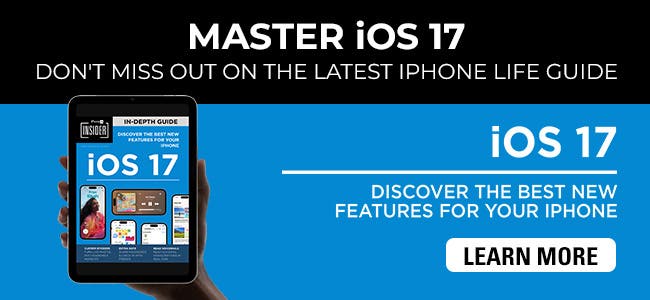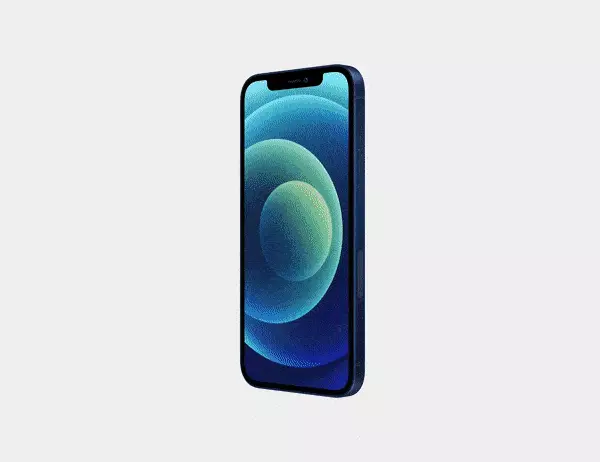The success of iPhone and iPad is driving a radical shift in how, when, and where we use mobile technology. These are very personal devices that allow us to access our most treasured information, including family pictures, home movies, and more. But increasingly, they are becoming our preferred devices for professional information as well.
The “Post-PC era”
This development is part of a paradigm shift that Steve Jobs calls the “Post-PC era.” In his remarks at the D8 Conference this spring he spoke of this shift. “The transformation of PC to new form factors like the tablet is going to make some people uneasy because the PC has taken us a long ways,” Jobs says. “The PC is brilliant… and we like to talk about the post-PC era, but it’s uncomfortable.” He explained that embracing innovation carries with it the burden of some tough choices. “Sometimes when we get rid of things, people call us crazy. But sometimes you just have to pick the things that are going to be the right horse to ride forward.”
In the education industry, long a stronghold for Apple and their products, we can see some evidence of the shift. Brian Burbach is a fifth-grade teacher at North Hudson Elementary School in Hudson, WI who is using his personal iPad for more than just family memories. “It’s great for kids who don’t like to read,” he explained, “Some students who refuse to read traditional books really love the iPad” and with iBooks offering free downloads of classics from the Project Gutenberg catalog, such as Alice in Wonderland, and The Adventures of Huckleberry Finn, there are plenty of great options to choose from. The e-book format also provides some real advantages according to Mr. Burbach, “What’s really great is if they come across a word they don’t understand, they just touch the word to read a dictionary definition.” Try doing that with a traditional book!

The consumerzation of IT
Forward thinkers like Mr. Burbach are becoming more and more common in the workplace. In 2007, Gartner identified a trend they called the “Consumerization of IT,” a trend where end-users are increasingly bringing their consumer technology into the workplace for use in their professional lives. In February of this year, Yankee Group released a study on this trend as it relates to the Mobile Enterprise. According to the study, 54 percent of employees already use personally purchased smartphones or conventional mobile phones for business. That amounts to approximately 79 million personal devices in U.S. enterprises in 2009. You might think that numbers like that would be driving a shift in adoption rates in corporate IT—but you’d be wrong. “I use it for e-mail, but I have to do it from home,” says Burbach, “They won’t let me connect it to the network here at school.” His experience is not uncommon. A majority of corporate IT departments still won’t allow personal devices on their networks, and security is the number one reason they cite. Most enterprises with a significant mobile technology presence still follow a strict corporate-liable model, where the company provides mobile users with a device and the software to use on it. That way, they say, they can maintain complete control over company information, and keep it from falling into the wrong hands. This model has traditionally worked very well, but with consumerization becoming a growing trend, enterprise IT will need to find a way to address these concerns and allow users to access and consume company information on their personal devices.
A happier more productive workforce
A Forrester study on early adopters released last year show that iPhones in the enterprise can have a decidedly positive impact. “[These] companies say that the benefits of the iPhone over other mobile devices include a happier, more productive workforce and lower support costs,” says Ted Schadler, author of the report. The study involved three companies: Kraft Foods, Inc., Oracle Corp., and Amylin Pharmaceuticals, Inc. Both Kraft and Oracle expected to have 4,000 employees using the devices by the end of 2009, despite calendar synchronization problems and lack of device management tools. In fact, these concerns, along with lack of data security, are the most common obstacles mentioned by clients considering iPhone adoption at their companies. As with any new technology, there is room for improvement, and with Apple’s traditional focus on consumer products and marketing, many enterprises have felt somewhat betrayed. They feel that Apple has created a demand for these devices without providing the support and tools necessary for a successful deployment. But that appears to be changing.
OS 4.0: New and improved for the enterprise
With the release of iPhone OS 4.0 this summer, Apple is responding to many of these concerns. By offering data protection, device management tools, SSL and VPN support, improved e-mail and calendar sync, and in-house app distribution, they are systematically knocking-down barriers to enterprise adoption.
Security enhancements include certificate authentication based on the device passcode. This support allows access to Exchange ActiveSync for calendar and e-mail sync, Cisco IPSec VPN, and WPA2 Wi-Fi. Local and remote wipe capabilities are also supported. Improved Management Tools include passcode policies, device feature restriction, and full IMAP, CalDAV, and LDAP integration. Finally, over-the-air enrollment, configuration, and app distribution will ensure that corporate IT can easily deploy and update devices with no user intervention required.
Gaining momentum in the enterprise
There are already early signs that the iPad is continuing the consumerization trend, and adoption of the new device appears to be picking up pace. In a recent survey conducted by Citrix for their corporate customers, 84 percent of the companies polled indicated that they will support personal iPads as a business tool. Ninety percent of the same companies indicated that increased mobility to work anywhere was the largest benefit, and 74 percent said that improved productivity and satisfaction was the most significant gain.
Each organization will draw its own conclusions and make its own policies. But the trend is clear—the iPhone and iPad are gaining momentum in the enterprise.

